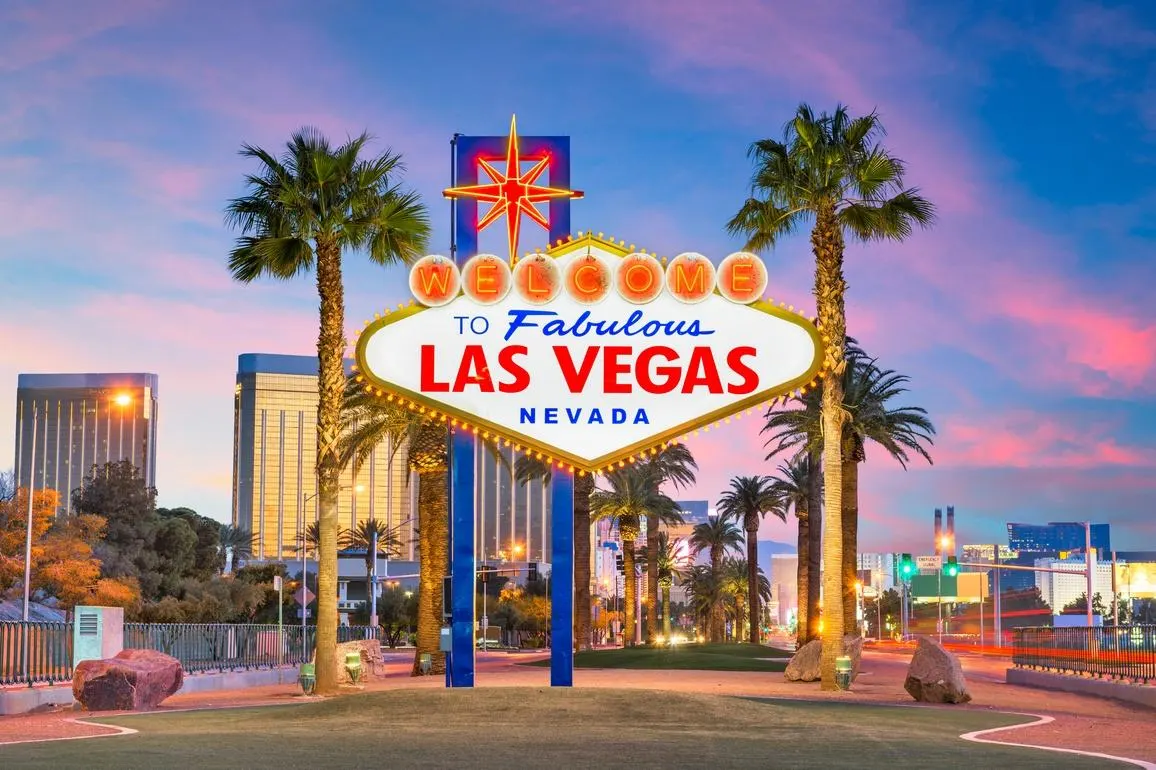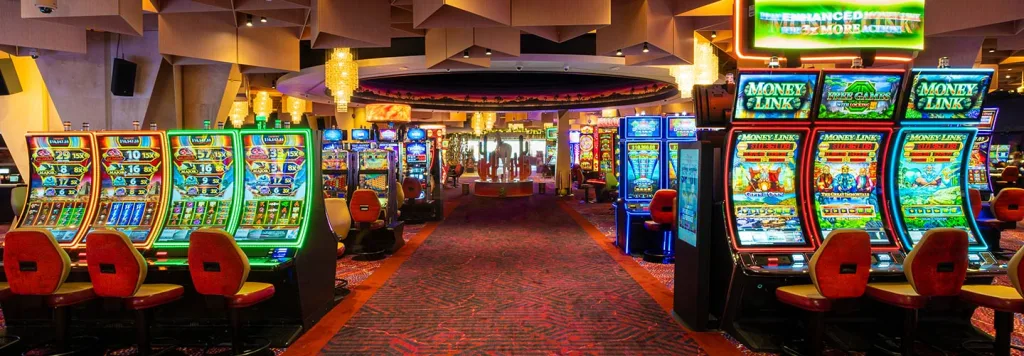
How Las Vegas Became the World’s Gambling Capital
Las Vegas is a name synonymous with dazzling lights, endless entertainment, and, of course, gambling. Situated in the heart of the Nevada desert, this iconic city transformed from a barren wasteland into the global epicentre of the gambling industry. But how did it all begin? This article explores the origins, growth, and unique features that made Las Vegas the world’s gambling capital.
The Early Days: A Desert Oasis
The story of Las Vegas begins in the early 1900s when it was just a small settlement. Its strategic location along the railway connecting Los Angeles to Salt Lake City turned it into a convenient rest stop for travellers. However, little about Las Vegas hinted at the glittering future it held.
In 1931, Nevada legalised gambling to combat the economic effects of the Great Depression. This pivotal decision sowed the seeds for what would become a booming industry. Coupled with the completion of the Hoover Dam, which brought thousands of workers to the area, Las Vegas began to transform into a hotspot for leisure and recreation.
The Impact of Hoover Dam
The construction of the Hoover Dam played a significant role in shaping early Las Vegas. The dam’s workforce created a sudden demand for housing, food, and entertainment. While many local businesses catered to basic needs, gambling establishments and entertainment venues thrived as workers sought ways to unwind after long days of labour.
This era marked the beginning of Las Vegas’s identity as a city where gambling and nightlife thrived. The profits generated during this period laid the foundation for future developments, including the rise of iconic casinos that would define the city’s skyline.
The Rise of the Strip
By the 1940s, Las Vegas had started to cement its reputation as a gambling destination. However, the most dramatic transformation came with the development of the Las Vegas Strip. Visionary entrepreneurs like Bugsy Siegel invested heavily in turning the city into a luxury destination for gambling enthusiasts. In 1946, the Flamingo Hotel opened its doors, setting a new standard for sophistication and glamour in the industry.
The Strip became a magnet for tourists and celebrities, drawing visitors with its luxurious accommodations, world-class dining, and opulent casinos. Each property sought to outdo the next, resulting in a spectacle that captured the imagination of people worldwide. This era also saw the blending of gambling with high-quality entertainment, as performers like Frank Sinatra and Elvis Presley turned the city into a cultural landmark.
Entertainment Meets Gambling
The pairing of entertainment and gambling was a masterstroke that set Las Vegas apart from other gambling hubs. Visitors didn’t come solely for the casinos—they came for the shows, the celebrities, and the promise of a larger-than-life experience. This unique combination made Las Vegas a destination where anyone could feel like a high roller, even if just for a night.
By the 1960s, Las Vegas was a household name, attracting millions of tourists annually. The rise of iconic casinos like Caesars Palace and the Sands reinforced its position as a global leader in entertainment and gambling.

Modern Las Vegas: A Global Phenomenon
Today, Las Vegas is more than just a gambling city—it is an experience. The Strip has grown into a playground for adults, featuring extravagant resorts, gourmet dining, and awe-inspiring attractions. Properties like the Bellagio, with its famous fountains, and the Venetian, with its replica canals, have elevated Las Vegas to an unparalleled level of luxury.
Annual events such as the World Series of Poker and major boxing matches bring global attention to the city. Moreover, the city has embraced innovation, incorporating modern technologies to enhance the gaming experience. From virtual reality attractions to cutting-edge slot machines, Las Vegas continues to evolve.
Embracing Innovation
Modern Las Vegas is not just a city of physical casinos; it has also adapted to the rise of online gambling. Many of its most famous establishments now offer online platforms, ensuring they remain competitive in a digital age. Additionally, the city continues to diversify its offerings, catering to conventions, music festivals, and even esports events.
Despite the challenges of maintaining its status as the global capital of gambling, Las Vegas has consistently found ways to reinvent itself. Its resilience and adaptability ensure it remains a top destination for millions each year.
Las Vegas’s journey from a desert outpost to the world’s gambling capital is a story of vision, ambition, and relentless innovation. Whether you visit for the casinos, the shows, or the sheer spectacle, there is no place on Earth quite like Las Vegas—a true testament to the power of imagination and human ingenuity.
